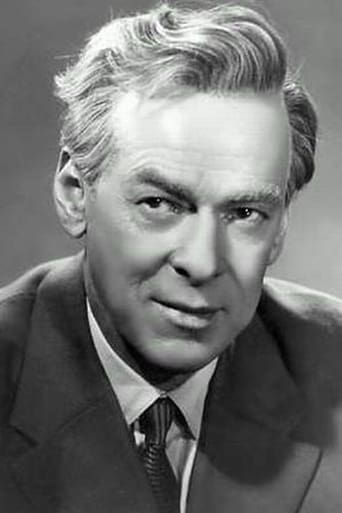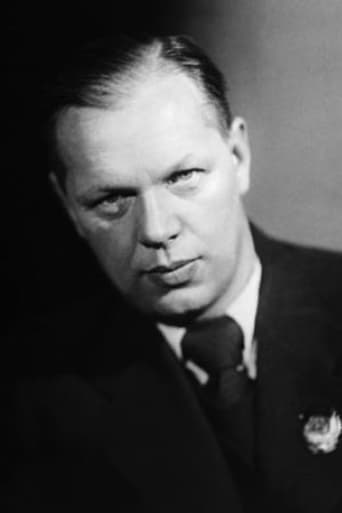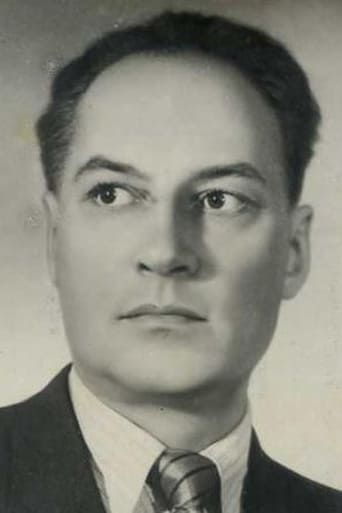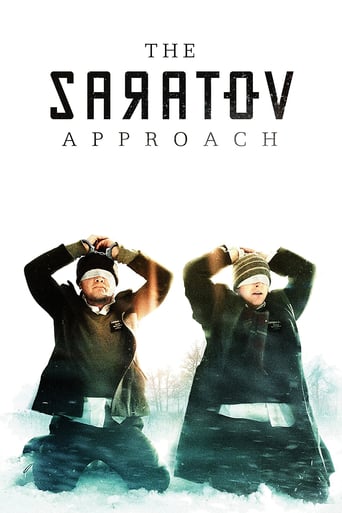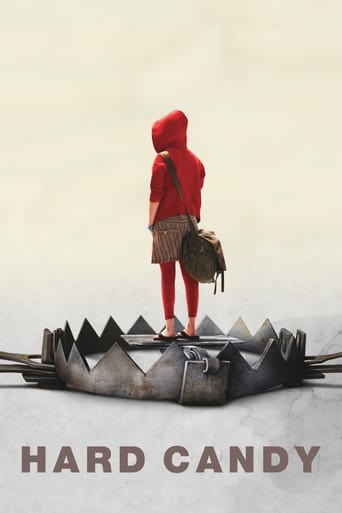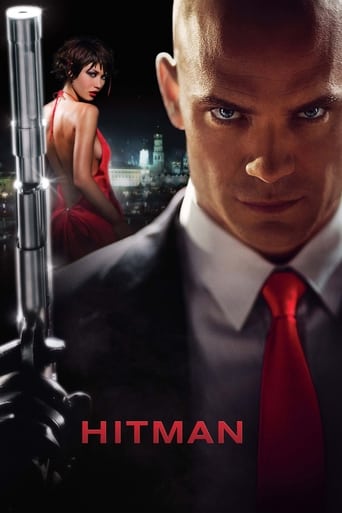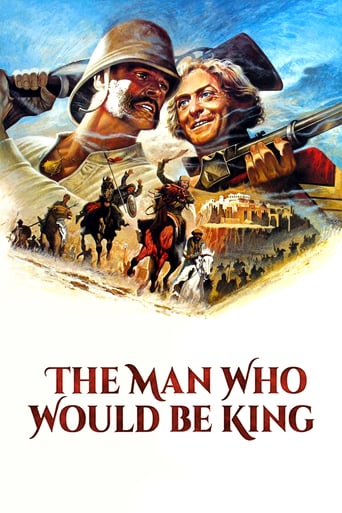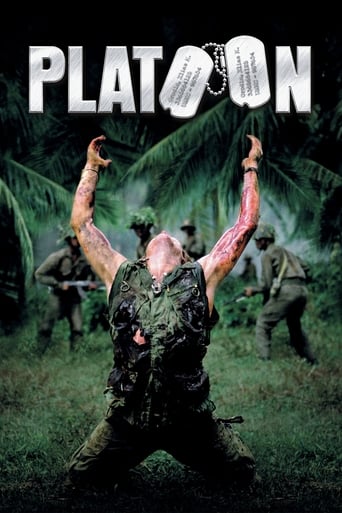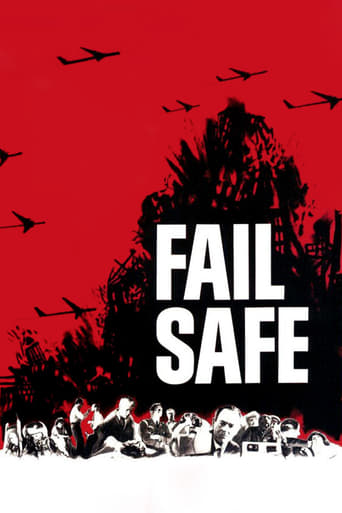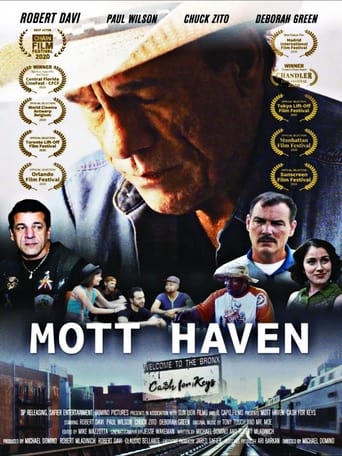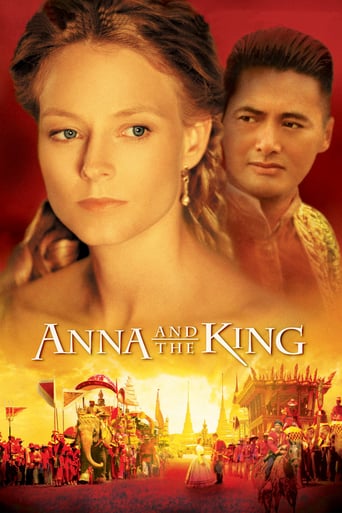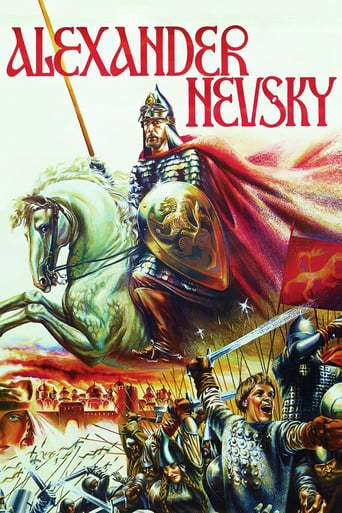
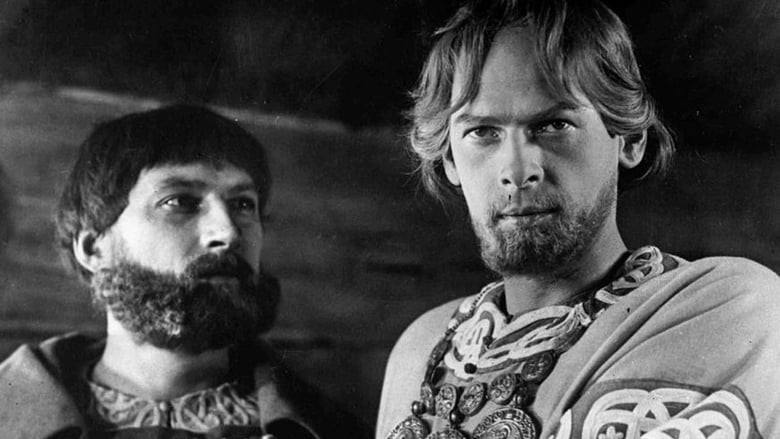
Alexander Nevsky (1938)
When German knights invade Russia, Prince Alexander Nevsky must rally his people to resist the formidable force. After the Teutonic soldiers take over an eastern Russian city, Alexander stages his stand at Novgorod, where a major battle is fought on the ice of frozen Lake Chudskoe. While Alexander leads his outnumbered troops, two of their number, Vasili and Gavrilo, begin a contest of bravery to win the hand of a local maiden.
Watch Trailer
Cast


Similar titles
Reviews
There have been some interesting user-reviews so far. Two that I believe are worth mention are "A Puzzling World Classic" (10 September 2009, Flak_Magnet) and "From Meyerhold to Nevsky" (20 March 2012, chaos-rampant).One problem with elite artists (i.e., Eisenstein, Prokofiev) making a propaganda film like "Alexander Nevsky" is that there is no way it can compete in the hearts of free minds with cinema that isn't as laden with message. So, most people will prefer other 1939 releases such as the "Wizard of Oz" and "Gone with the Wind" to "Nevsky" by virtue of the fact they are more liberating. "Nevsky" would have been more impressive it had been made about five or six years before it was, because of how it resembles silent movies.If we remove Hollywood from the discussion, there is a lot to like about "Nevsky." Eisenstein's quirky and distinctive visual style is on display, and watch out for his trademark jump-cuts. "The Battle on the Ice" is in the conversation for best movie battle scenes ever. (However, it clearly has been surpassed by Orson Welles' Macbeth and Akira Kurosawa, multiple times.) Eisenstein doesn't move the camera much during the Battle on Ice, or indeed, for much of the film. He achieves his results by jumping to and from similarly composed shots. He also likes to move from sheer pandemonium to close-ups of actors, isolating them from the craziness, making them vulnerable to it.When we first meet Nevsky, he's considerably taller (Nikolai Cherkasov was 6'6") and commanding than the fisherman he is with. Unarmed, Nevsky convinces a group of invading Mongols to leave without destroying their fishing community.Nevsky's military reputation is so well known that even his rivals for power concede that Nevsky is the man to defeat the Germans. This never happens in real life. History is filled with examples of the Joseph Stalin vs. Leon Trotsky mold, where the individual who offers the least for a nation removes the one who offers the most from power.My favorite part of The Battle of Ice is in the beginning when Nevsky, ignoring advice to guard his safety, arrives at the location which is believed by his commander (Buslai) to be unsuitable for battle. Nevsky lays down the law: They are fighting on the ice. This gives Nevsky more depth; instead of being a one-note orator he's also a military tactician.The "bravery competition" between Buslai and Gavrilo for the affections of Olga interjects needed humanity in the story, and is a source of humor.Prokofiev's music is superb, one of the greatest film scores ever. I am not as fond of the music near the end when Nevsky returns to Pskov; it seems too obvious. However, up to then I think Prokofiev is in fine form.The scenes where invading Germans burn babies alive unfortunately remain in the viewer's mind afterward. That's another problem with propaganda: People tend to remember the ugly side of it more than the beautiful.I saw 'Alexander Nevsky' with the Baltimore Symphony Orchestra and a Russian soloist performing. The symphony experience is the best way to appreciate it.I recommend 'Alexander Nevsky', but swallowing the central message is not all that fun.
Alexander Nevsky is not a bad film by any means, but not a very good one either; rather a mixed bag of good and bad, resulting from different forces and influences that were pulling Eisenstein in all directions at the time. A pretty uneven film I said; the writing at times is terrible--some lines seem to have been written by Stalin himself--and even the cinematography suffers, specially at the beginning, when everyone talks to the camera instead of to each other. At a finished product, it suggests that at the time E. not only had not retaken full contact with his Russian roots but also that someone was looking over his shoulder, vehemently prodding him into the politically correct direction. But most of all AN shows that his North American experience had yet to sink in and turn into an artistically profitable source of inspiration.The two initial scenes show us what is wrong with AN. The confrontation with the Mongols is badly set; it lacks any atmosphere, which is made even worse by the festive behavior of the Asian. Instead of taking Alex hostage after riddling his men with arrows--as any self-respecting Mongol warlord would have done—he falls in instant adoration of the Russian prince, as any teenage girl faced to Brad Pitt. The scene is badly written, which suggests not only that Eisenstein had still to mature his North American experience, separate the wheat from the chaff, but also that an agenda was at work there, one that certainly was not his. I have nothing against propaganda films--most war flicks are so, after all--but I'd appreciate a little bit of subtlety. After Alex has repeated a thousand times that "German dogs won't be allowed to trample Mother Russia" it becomes rather tiresome. This indicates some clear meddling in the director's work, which it's even more flagrant in the scene when Alex leans over his pal Domash after the forest ambush. He clenches his fist, the camera closes up on his resolute eyes, demeanor, typical Eisenstein set up and then...he ruins the whole scene by blurting out, yet again! the blasted line. I can picture Stalin himself adding that line there. It's clear also that the initial scene was put there solely to display Alex's character, his John Wayne-like poise & assurance, one of the (bad) things Eisenstein brought home from Hollywood, which was clearly compounded by Stalin's insistence in presenting him in such a light. That's why the initial scene is bad, as Stalin wanted Alex set from the beginning as an all mighty superhero hovering above humans and their frailties. No wonder we don't come to feel for him. That's also why powerful, self assured, heroes take all the tension from a flick: either we don't relate to them, we don't feel for them or we know from the start that nothing bad will happen to them anyway. That's something that bogs down AN for its duration. We never feel for Alex, Stalin already did it for us.But there are other flaws, plot holes, apart from the intriguing gaiety of the Mongol chief. For ex. Anani is treated by everyone like trash, kicked around like a dirty sock, called "treacherous, lying, dog"...yet nobody bother to keep tabs on him. Also, the Germans throw to the flames even babies, suggesting they fear their future revenge, yet they merrily let go Vasilisa, unmolested, even after her father had swore her to exact revenge. We see her next in Novgorod happily readying herself for battle. How did she do all that?.This is a very disjointed film, obvious proof of a director venturing into foreign land, figuratively & literally. I already referred to the propaganda elements E. had to incorporate in Alex's character, which forces humane frailties, weaknesses, to drift towards secondary ones. The problem is here he displays another tool he may have brought from Hollywood, but that doesn't suit him well: The comic relief, Gavrilo, a character that more confounds than appeals. He begins in the trappings of a jester and ends up as an heroic knight. I never believed this character, anyway, his Papageno-like humor; his nonchalance even in the midst of a bloody battle. It just didn't look real to me. The same with the proverb--spurting master armorer; his humor falls also flat. Comedy is not Eisenstein's strong suit, neither the light hearted chat of the kind we see between the three men at the beginning and that of Gavrilo and the two women at the end. Most of the scenes between the three, or rather four, specially concerning romance, looked contrived, staged. It's only when real action starts that the movie really picks up.But Eisenstein also brought something good from Hollywood, above all a great sense of spectacle. He dares to stage a battle on the immensity of a frozen like, on a nearby forest. I haven't watched Birth of a Nation but I've seen some clips and the scene battles here-—mainly the charges of cavalry—look as if taken from that movie. But AN goes beyond that, setting the standards for the movie battles of the future. The scene of the Roman legions marching on the hillside, in Spartacus, was clearly inspired by the charge of the Teutonic knights. Only that deserves an extra .5 pt.Despite its flaws still worth watching, mainly for its grandiose battle scenes (and the sad aftermath of death and tears) and a great Prokofieff score. But most of all a pretty entertaining movie. In all 7.5/10.
A celebrated director is tough to critique, as we'll be too tough or too lenient. I think it's best to just forget who directs this.This has all the makings of epic propaganda, of high adventure.Alexander is a war hero, and is called upon to fight the Tuetonic knights of Germany, who invade their land.The chief plot here becomes the subplot of a comic romantic triangle, however, and the interweaving of this is probably the only thing that saves this movie from fairly heavy ennui.We don't mind the Teutonic knights being evil, or Germans being the bad guys, but they are portrayed in a way that makes no sense. For some reason a papal court leads the knights in evil. Not only did the papacy have nothing to do with Hitler, and not only did Hitler persecute all theists, but this had nothing to do with the propaganda needs at the time. The best guess here is that Russia didn't want to offend the rest of the East.Aside from the propaganda, some things work. Alexander is well photographed throughout. Eisenstein's bright spot is in highlighting his hero.The rest of the movie is fairly dull, a struggle to get through. This was made in days of movie houses, so it is understandable that much of the movie is filler space for people to go to the lobby and buy popcorn and soda. This movie must have sold tons of popcorn and soda, because 50% of it is "walk out and buy popcorn and soda" time.Eisenstein doesn't flair as a director, but does have a knack for cameras. Use of cameras seems to be his forte.
I believe anyone who enjoyed Eisentein's Ivan the Terrible movies would enjoy this well crafted movie. This movie played out like "Lord of the Ring: Return of the King", but without the special effect but as good and better drama.We have the German, who dressed like KKK, conquered Novgorod of Russia. The Russian summoned Nevsky to lead them to fight the German to save Russia. Nikolai Cherkasov, who played Ivan in the Ivan the Terrible films, was charismatic as Nevsky. The first 10 min how he handled the passing by Mongol was captivating.Many of the scenes were beautiful even in black and white. The anticipation of War did not require any dialogue such as "how many enemy we will be killing", etc. Except for a few speeches, the film can basically be played out as a silent film. The fighting scene can hold up to those of the Civil War fighting scene of The Birth of a Nation.Another strength of the movie is the great musical score, by Sergei Prokofiev. The music gave an epic feel to the movie in those scenes without dialogue.


